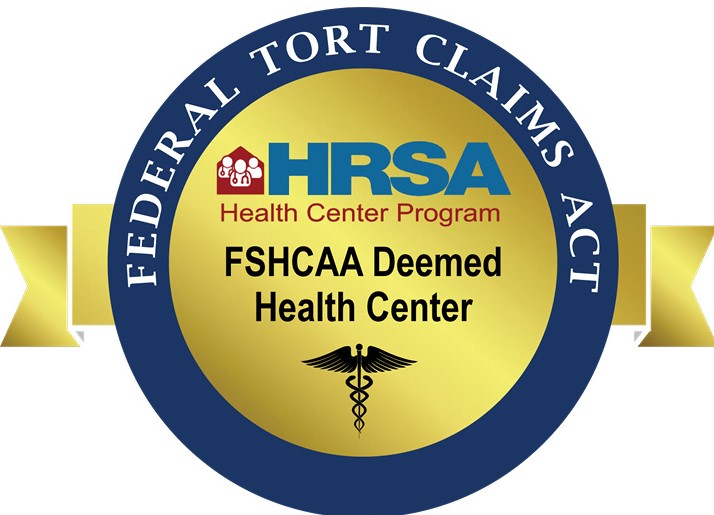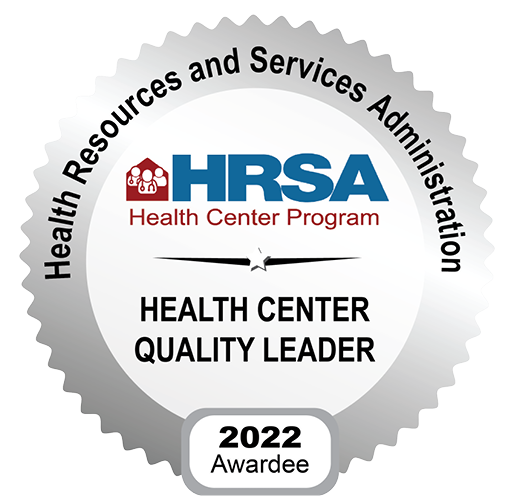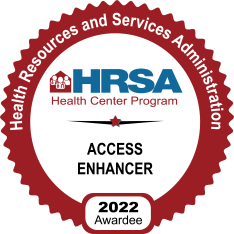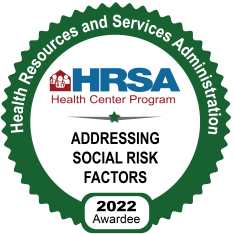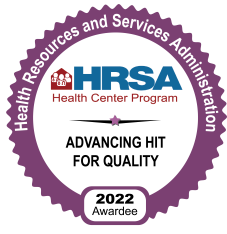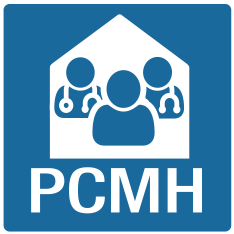Doing our best to stay the best.
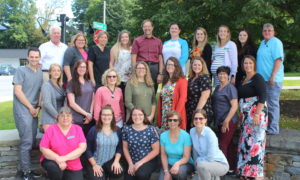
Battenkill Valley Health Center awarded $250,000 to expand, improve services
By Patricia LeBoeuf, Bennington Banner | Posted Tuesday, August 27, 2019
ARLINGTON — Battenkill Valley Health Center has been awarded over $250,000 in federal grants this month, including funding to expand access to behavioral health services.
One $86,366 Quality Award is to improve quality, efficiency and value in health care; the other, a $167,000 integrated Behavioral Health Services competitive grant, is to expand access to behavioral health services. Both are funded by the federal Health Resources & Services Administration.
“Supplemental awards, like the [Integrated Behavioral Health Services] grant, mean that we can further expand the services we offer to our community,” Kayla Davis, co-executive director of BVHC, said in an email. Without that grant, the center wouldn’t be able to add a mental health nurse practitioner to its team at this time, she said.
“These grants help offset the expense associated with starting or expanding a program,” she said. “We are so fortunate to have these grant opportunities to help add services that are so greatly needed in our service area.”
BVHC is a nonprofit health center located in a medically underserved area that accepts insured, uninsured and under-insured patients, Davis previously told the Banner.
The Quality Award allows BVHC to provide staff education, optimize its systems, and add needed positions within the health center, helping leaders to ensure the center provides high-quality care, Davis said.
These awards will have a direct impact on patient experiences, she said.
“The addition of a psychiatric mental health nurse practitioner will mean greater access to psychiatric services in our region,” Davis said. “Investments in our quality program, such as staff education and program development, enrich the care that is being provided to our patients while enhancing the skills of our workforce.”
The Quality Award is part of $107 million in Quality Improvement Awards to over 1,200 health centers across nearly all U.S. states, territories and Washington, D.C., according to a press release from BVHC. Of this money, $731,996 was awarded to 11 health centers in Vermont. BVHC received the third-largest such award in the state.
The award recognizes the center’s achievements in areas like improving cost-efficient care while also increasing the quality of care and reducing health disparities, according to the release.
These Quality Awards are given to help health centers strengthen and expand their quality improvement programs, through staff training, developing health information technology, improving care delivery systems and other initiatives, Davis said.
The Integrated Behavioral Health Services grant was awarded earlier this month. It is part of a more than $200 million funding effort to 1,208 health centers across the country to increase access to high-quality, integrated behavioral health services, including the prevention or treatment of mental health conditions and/or substance use disorders, according to the release. In addition to adding a psychiatric mental health nurse practitioner, BVHC leaders plan to use the funds for clinical support to assist with the added workload associated with the expansion and further integration of behavioral health services.
They will also use the funds to purchase needed supplies for the added positions and provide staff education, Davis said.
Both awards are for a 12-month period. The center had to apply for the Integrated Behavioral Health Services grant; the Quality Awards are given based on results from reports for clinical work done in 2018, Davis said.
BVHC has expanded its programs in recent years; in 2017, dental services were added, and in July 2018, the center also expanded its mental health and substance abuse services under a grant, Davis previously said.
Approximately 1 in 12 U.S. residents relies on a health center supported by the federal Health Resources & Services Administration for primary care, including one in five rural residents, one in three people living in poverty, and one in nine children 17 years old or younger, according to the Health Resources & Services Administration’s website.
To learn about self management opportunities, click here.

